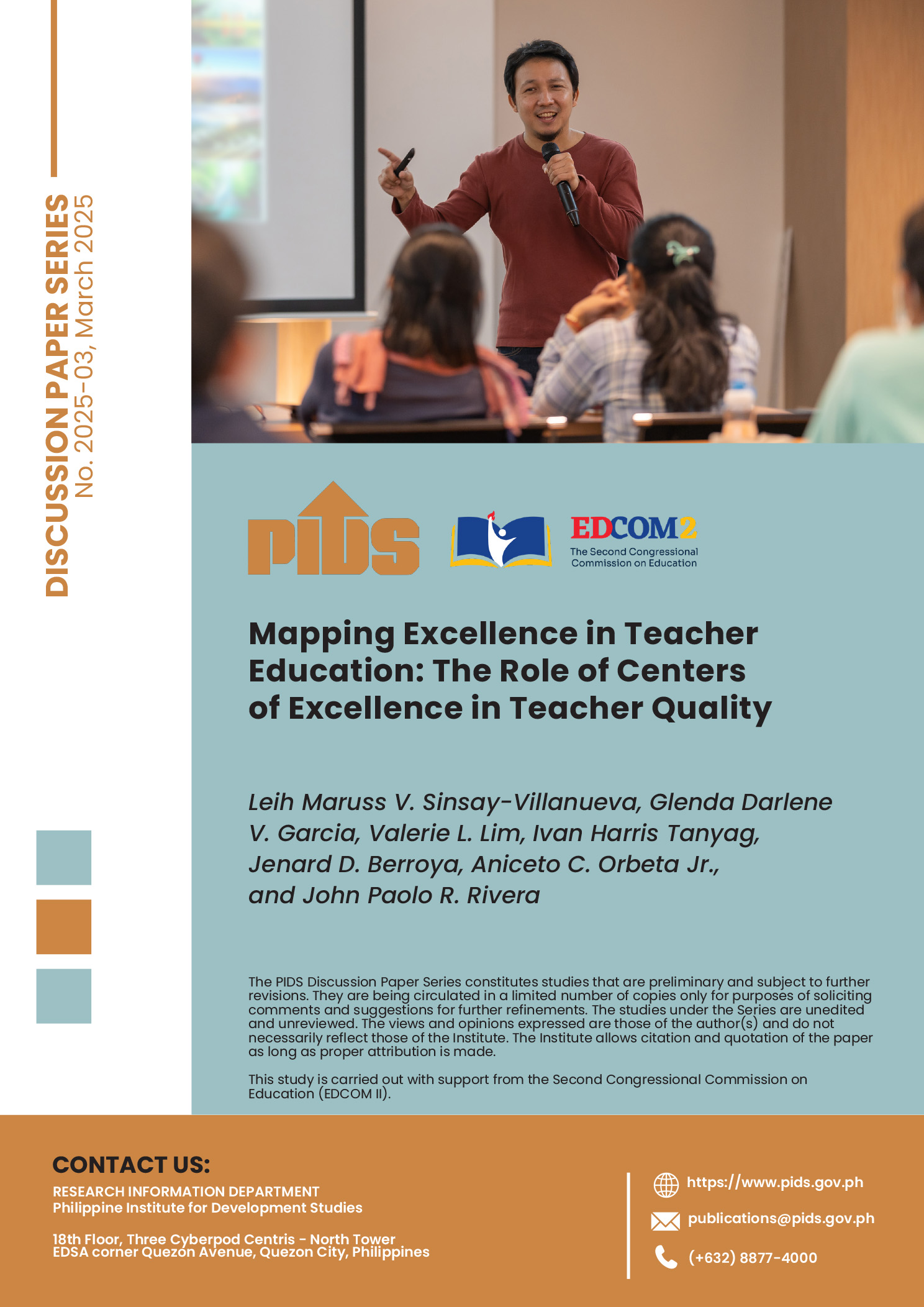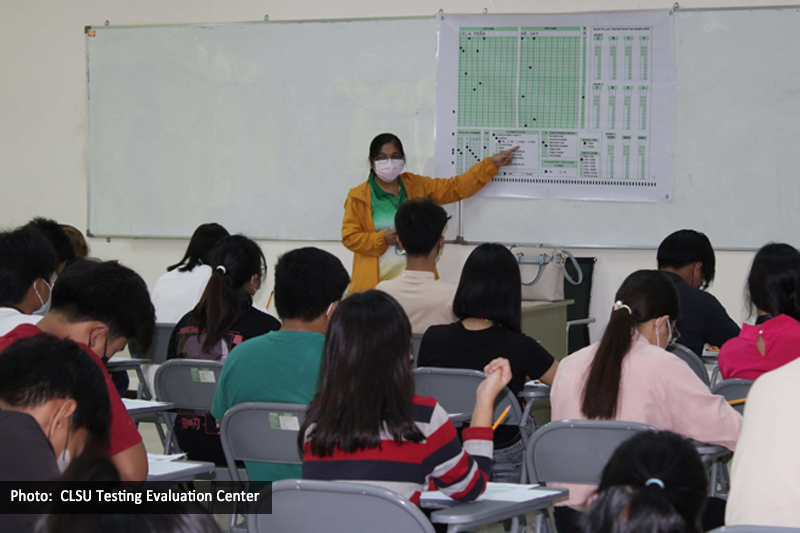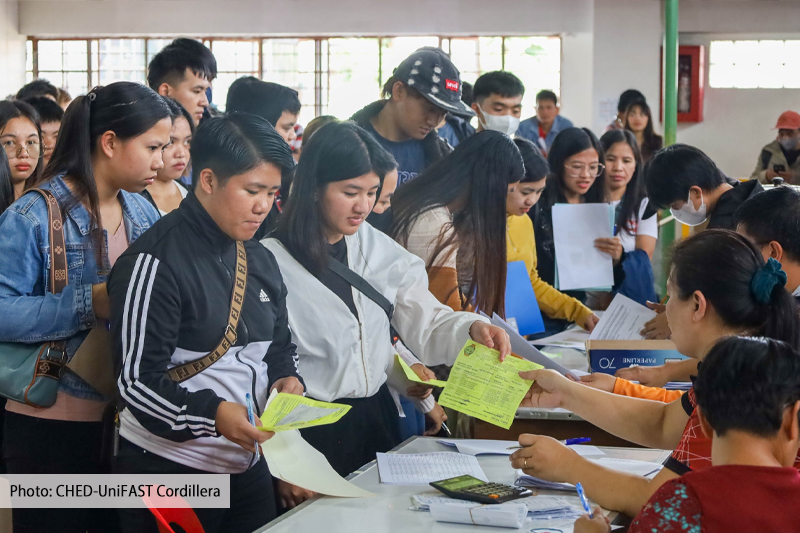Expanding incentives for employers and improving the quality of education will increase employment among women with disabilities, according to a study released by the Philippine Institute for Development Studies (Pids).
TIn a recent presentation, Pids research associate Christian D. Mina said expanding incentives beyond tax deductions and exemptions will encourage companies to hire more women persons with disabilities (PWDs).
TThe government think tank said improving the quality of education of PWDs will not only make them eligible for employment, but also competitive in their chosen field.
There is a need to] expand incentives for employers of PWDs—aside from tax deduction or exemption. The process of claiming tax incentives should also be eased to genuinely incentivize employers,” Mina said.
TThe quality of education of PWDs has to be improved to make them more competitive she added.
Mina said women PWDs suffered from low levels of education and a lack of training experience. They are also constantly challenged by their physical conditions and accessibility to opportunities.
The researcher added there was also a general lack of employment opportunities for them, as well as low awareness on relevant government policies and programs
To remedy these, Mina urged the National Council on Disability Affairs to create an award-giving body to recognize employers that employ and comply with the Accessibility Law.
The award-giving body can be created together with the departments of Labor and Employment and Interior and Local Government.
Then, a certain percentage of products and/or services needed by government offices should be purchased from these awarded establishments Mina said.
In terms of improving education, she said the Technical Education and Skills Development Authority can offer skills or livelihood training for PWDs. Mina said these trainings must not only focus on increasing bluecollar employment for women PWDs.
Tesda can assist various DPOs [disabled people’s organizations] in the preparation of documentary requirements and in finding a funding agency Mina said. “DPOs should be more active in disseminating employment- and training-related information to their members.
The study indicated that over 50 percent of women with disabilities in Cebu, particularly in Mandaue, are not part of the labor force. Data also showed that for those who were part of the labor force, the women PWDs were mainly engaged in low-quality jobs, such as farming, retail trade, street vending and other services.
Among the women who were mobility-impaired, they were mainly employed in retail trade, street vending and other services
They were also into dress making, working in factories, health services, such as those in health centers, selling ice, scrap buying and selling, laundry service, running a sari-sari store, and selling fish, fruits and vegetables.
Visually impaired women were into street vending, broom making, or were employed by retailers. Some of them, particularly those in San Remigio, were working as domestic help and quack doctors.
Pids data also showed that hearing-impaired women were mainly into farming, employed by retailers, street vending and working in factories. They work in canteens, in a crabmeat factory, sold ice, provided janitorial services and manicure services.
Women who had psychosocial/intellectual disabilities were hired as farm workers and market vendors.
The majority of workers are either vulnerable [self-employed, unpaid family workers] and/or informally employed [not vulnerable but not permanent [temporary without contract, daily hireMina said.
Among those not vulnerable [based on class of worker] and not informally employed [based on nature of employment], 73.3 percent are laborers/unskilled, 40 percent are underemployed and the remaining 13.3 percent are a small-scale retail store owners she added.
Employers of PWDs should get more incentives–PIDS study












